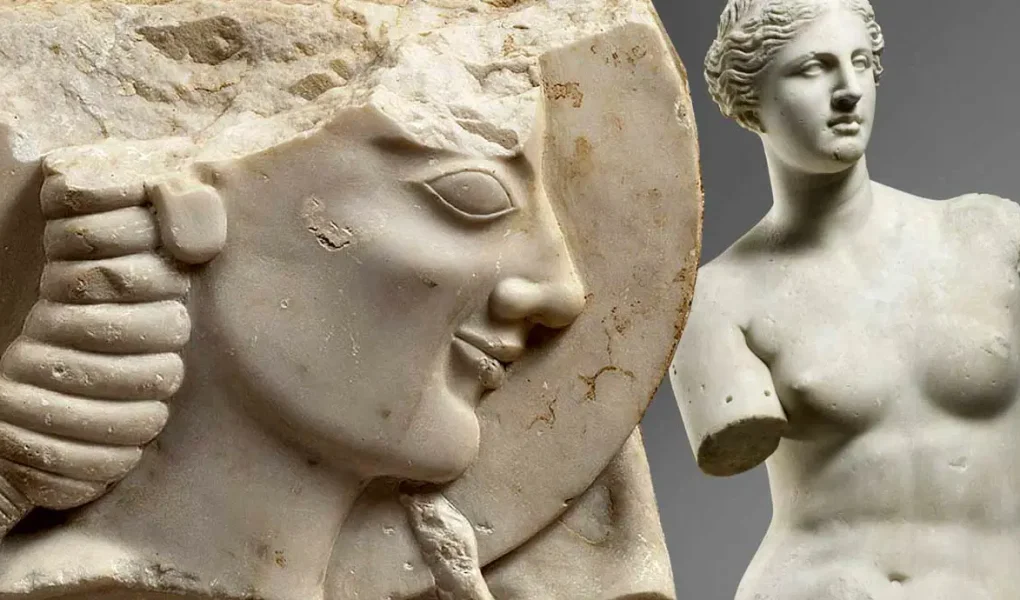kilkennybookcentre.com – Nestled in the eastern Mediterranean, Cyprus is a land of rich history and cultural diversity. From ancient civilizations to modern-day challenges, the island has been a crossroads of cultures, empires, and ideologies. This article takes you on a journey through time, exploring the fascinating history of Cyprus.
Ancient Beginnings
Cyprus’s history dates back to the Neolithic period, with evidence of human settlement as early as 10,000 BC. The island’s strategic location made it a hub for trade and cultural exchange. The Mycenaeans, Phoenicians, and Assyrians were among the early civilizations to leave their mark on the island.
Classical and Hellenistic Periods
During the Classical period, Cyprus was influenced by Greek culture, with the establishment of city-kingdoms such as Salamis, Kition, and Paphos. The island became a center for the worship of Aphrodite, the Greek goddess of love and beauty. The Hellenistic period saw the island come under the control of the Ptolemaic dynasty of Egypt.
Roman and Byzantine Eras
Cyprus was annexed by the Roman Empire in 58 BC, marking the beginning of a new era. The island experienced significant development during this time, with the construction of roads, aqueducts, and public buildings. The Byzantine period, which followed the fall of the Western Roman Empire, saw the spread of Christianity across the island. The Church of Cyprus was established, and numerous churches and monasteries were built.
Medieval and Ottoman Rule
The Middle Ages brought about the Crusades, during which Cyprus was ruled by various European powers, including the Lusignans and the Venetians. The island’s strategic importance continued to attract conquerors, leading to its eventual capture by the Ottoman Empire in 1571. Ottoman rule lasted until the late 19th century, during which time the island experienced significant social and economic changes.
British Colonial Period
In 1878, Cyprus was leased to the British Empire, marking the beginning of a new chapter in its history. The British period saw the modernization of the island’s infrastructure and the establishment of a modern administrative system. However, it also led to increased tensions between the Greek and Turkish Cypriot communities, culminating in the Cyprus dispute and the partition of the island in 1974.
Modern Cyprus
Today, Cyprus is a divided island, with the Republic of Cyprus in the south and the self-declared Turkish Republic of Northern Cyprus in the north. The island continues to grapple with its complex history and the challenges of reunification. Despite the political divide, Cyprus remains a vibrant cultural and tourist destination, with a rich array of historical sites, natural landscapes, and unique cultural experiences.
Conclusion
Cyprus’s history is a testament to its resilience and the diverse influences that have shaped it over the centuries. From ancient ruins to modern-day challenges, the island offers a unique journey through time, revealing the rich tapestry of its past and the ongoing quest for unity and peace.




